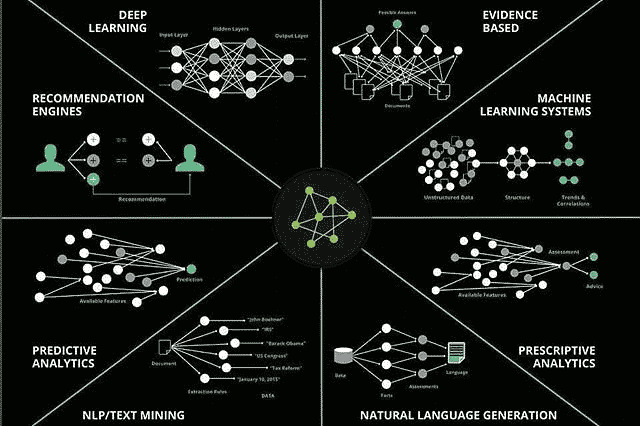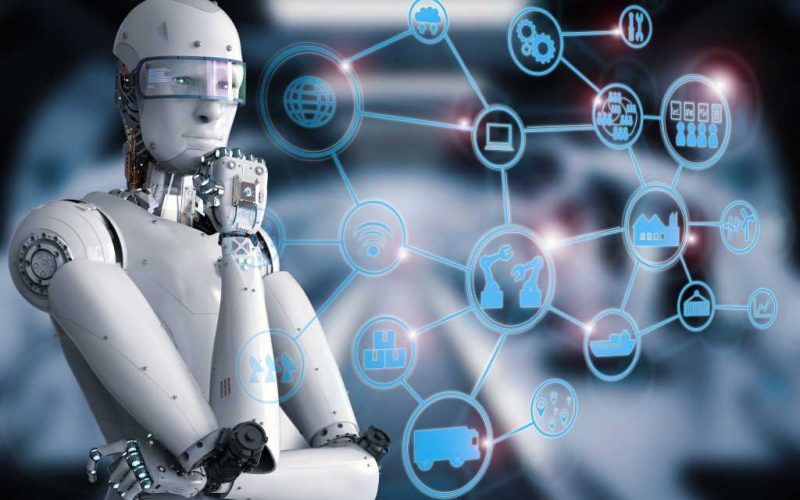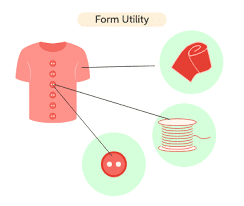The progress of machine learning is fueled by the virtually infinite amount of accessible, inexpensive data storage, and the development of less costly and more efficient computations. As a result, many sectors are now building more powerful models to analyze complex data while delivering quickly and more accurate answers on massive scales.
Machine learning is a branch of artificial intelligence in which computers use algorithms to understand data and find patterns, a skill that businesses can employ in various ways.
Here are five business applications of machine learning that are delivering significant benefits:
#1. Advanced Chatbots

The early version of the chatbots overcame the interaction gap between people and technology by allowing people to communicate with computers with scripted rules that instructed chatbots on what actions to execute depending on keywords.
However, machine learning and NLP or natural language processing, another branch of AI technology, allow chatbots to be more engaging and effective. These newest chatbots are more responsive to users’ requirements and speak more like actual people, hence being more productive.
#2. Decision Support
Another area where machine learning may help organizations transform a multitude of data into meaningful insights that generate value is decision assistance. Algorithms based on historical data or any relevant data sources may assess information and go through various possible outcomes at a volume and pace that humans can not match, allowing them to give suggestions on the right course of action.
For instance, clinical decision support technologies that use machine learning to educate physicians on diagnosis and treatment choices in the healthcare business boost caretakers’ performance and patients’ welfare.
#3. Recommendation Engines for Customers
Customer recommendation engines, which use machine learning to improve the customer experience and create tailored experiences, are powered by machine learning. Here, algorithms analyze data points about a single customer, like past purchases and other data sources, such as a company’s existing stock, demographic patterns, and the purchasing histories of other customers, to determine which solutions to recommend to each particular consumer.
For example, YouTube employs recommendation engine technologies to help viewers locate videos that match their preferences fast.
#4. Pricing Strategies That Change Over Time
Companies may use historical price data and data sets on various other variables to understand better how multiple factors affect consumer spending, such as the period of day, climate, and seasons. Machine learning algorithms can take such data and integrate it with other market and customer data to help businesses dynamically price their items depending on the vast and varied variables. This method allows companies to optimize income.
The most obvious example of this variable pricing is Uber’s surge pricing, which occurs when many customers seek trips at the same time.
#5. Detection of Fraud
Machine learning’s ability to recognize trends and discover irregularities that deviate from those patterns makes it a valuable tool for identifying illicit practices. As a result, financial organizations have been effectively applying machine learning in this field for years.
One can learn a lot more through various online short courses available on the implementation of AI.
Therefore, it is evident that like manufacturing, retail, healthcare, life sciences, travel, and financial services, many other industries have also benefited from advances in machine learning, making it inevitable for the progress in each business activity.
What are the Machine Learning Algorithms for Business Applications?
In this chapter, we will go through the fundamental Machine Learning algorithms that will satisfy your business needs.
#1. Regression
Regression is a basic machine-learning approach for determining the relationship between at least two variables. These factors might be both dependent (on the target) and independent (predictor). Understanding how variables interact aids in forecasting, as well as detecting time series, cause and effect correlations, and serving as a predictor of strength.
Regression techniques are often used to explain or forecast a given numerical value using past data. And the diversity of the regression model is determined by the type and quantity of input data (variables). There are more than ten similar models in total. The most common are simple linear and multivariate linear regression.
#2. Clustering
Clustering is an ML method for identifying and grouping data points into structures. These structures reflect vast datasets that can be comprehended and manipulated with ease, and new insights can be obtained from the grouped data following clustering modeling. Clustering does not require labeled data. After all, it seeks patterns by recognizing shared or comparable traits and then using these patterns to form distinct clusters.
#3. Deep Learning
Deep learning (DL) is a branch of artificial intelligence that mimics some of the tactics used by humans while learning. DL algorithms replace a neural network with at least three layers that divides problems into data levels and then solves them. These algorithms are similar to how our brains function when we first begin to perceive the environment, learn words, and recognize new objects.
Deep learning, as a branch of ML, replaces algorithms based on multi-layer neural networks but differs from typical AI/ML techniques. The fundamental distinction is that deep learning models do not require data with a set of relevant features – simply providing raw data allows the algorithm to define relevant features on its own. DL models are becoming more powerful as the amount of data used for training grows. So, the growth of deep learning looks like this: layers of a neural network are made up of neurons that transfer information to neurons in the next layer, and the model makes a judgment when the input reaches the output layer.
#4. Classification
Classification is a machine learning technique that categorizes unstructured or structured data. Its application is still useful for spam filtering, document classification, auto-tagging, and defect identification. Classes in this context may be seen as labels or targets. The model learns how to classify fresh information by studying the input and mapping labels or targets to the data.
There are 3 types of classification used:
- Binary classification
- Multilabel classification
- Multilabel classification
How Do I Select The Appropriate ML Algorithm for Your Business?
You have learned about the many types of ML algorithms, you may now follow this step-by-step process to selecting an appropriate algorithm for your business application:
- Identify the business challenge/problem
- Examine the available data
- Consider the best evaluation metric and speed.
- Choose an appropriate number of features and parameters.
- Use a basic model or a more advanced solution
Wrapping Up
With so many great Machine Learning algorithms to pick from, it’s easy to become overwhelmed. As a result, try to take a data-driven or problem-solving approach. Remember that better data is more important than an algorithm, which can be readily improved by increasing the training time.






